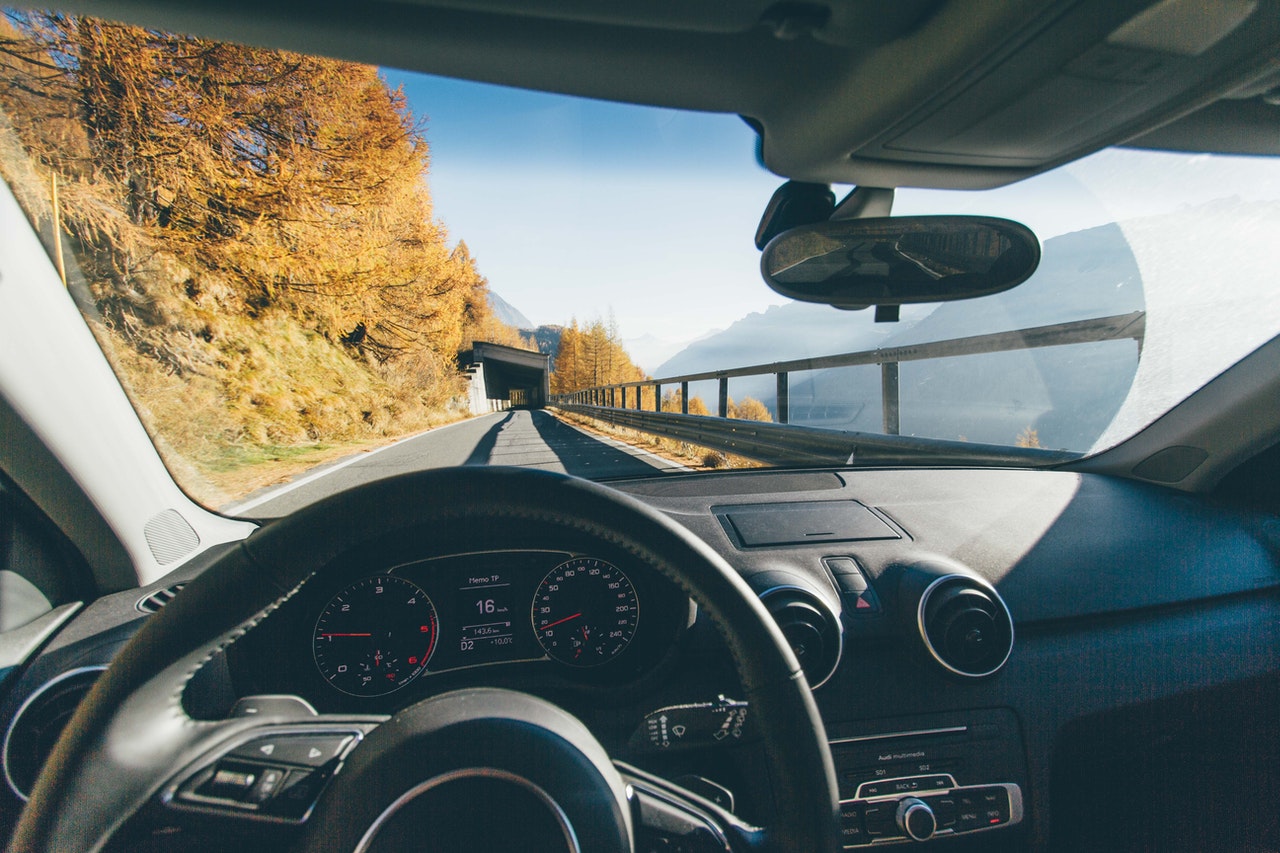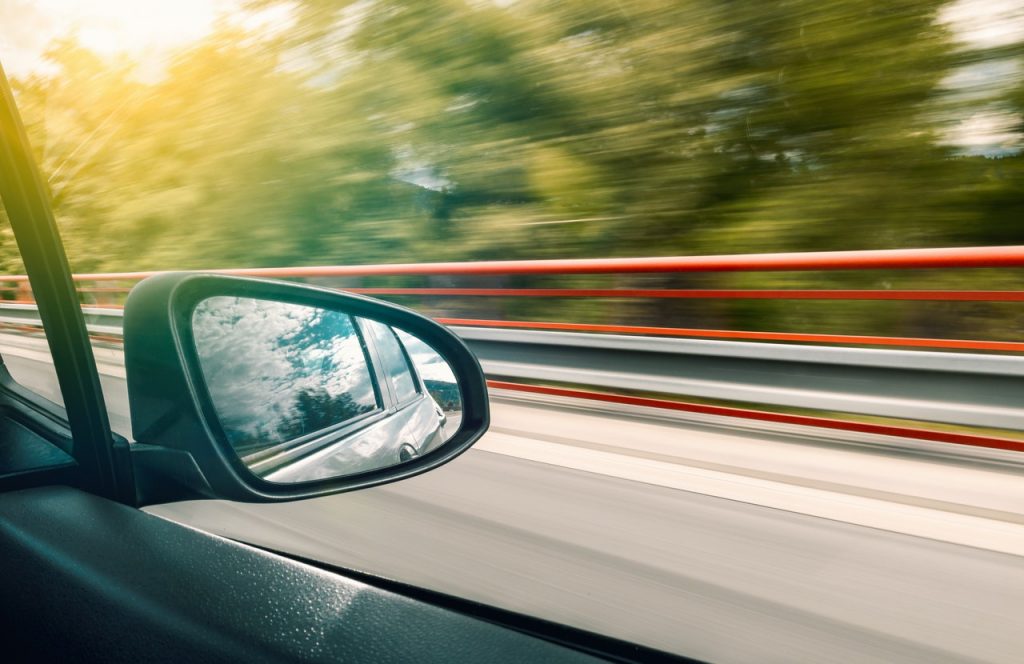
What can be done to drive economically – saving money and benefiting the environment?
There are many ideas for more ergonomic driving: from good car servicing, to proper operation, to using the machine only when it is really necessary. What are the most important things to keep in mind? We suggest.
Economical driving begins with taking care of the technical condition of the machine itself. You should take care of it in at least several aspects. We should remember that even small lifehacks which enable lower fuel consumption may bring a considerable sum of money saved annually. We are even talking about a few hundred zlotys. It is worth thinking about what you can buy for yourself.
What to remember about in the first place? First of all it counts:
We should also constantly take care of other aspects of the car’s technical condition – for example, a working thermostat. Each defect may result in higher fuel consumption.

Anticipation is also important: plan your route in such a way that you don’t have to stand in traffic jams for a long time while driving in the city. A long traffic jam is not good for economical driving. So it is better to plan your day in such a way to avoid traffic jams. Often, it is better to buy a public transport ticket or walk a shorter distance than to get in the car when there is no chance for economical driving.
It is also important to keep track of what is happening on the road. It is worth anticipating what is happening 200 or 300 meters ahead. Thanks to this we will be able to adjust the speed accordingly and avoid “sudden driving” with very fast and sudden braking. It is not worth riding on the tail of other drivers.
It’s no coincidence that a lot of fuel is consumed during “jerky” driving around town. Usually the most appropriate speed for a car is between 90 and 120 km/h. Of course you can’t always reach that speed, because it would be against the law. However, you should try to drive at a constant speed so that you don’t have to brake suddenly. In cities, 50 to 60 km/h is usually considered to be the optimum speed. The main thing, however, is not to have to increase or decrease your speed suddenly
Although it’s sometimes advised to warm up the engine, it works inefficiently the whole time. In addition, it’s against the law. So it is better to start the machine and after a few tens of seconds slowly move on the road. Violent braking also has a negative effect on the efficiency of the car – engine braking is much better.
It’s definitely true that on a long drive on a hot day, air conditioning is a great convenience. However, it’s not like it has to be set to maximum power right away. It should be used judiciously and sparingly. It is calculated that per 100 kilometers driven in urban conditions, air conditioning can increase consumption from 0.5 to even 1.5 liters. The same is true of all other systems, which are increasingly equipped with new cars, and which are not essential for the functioning of the car
This primarily extends the life of the engine, which will serve much longer. In this way we can also provide the drive system with more power
Photo: Riciardus/Pexels